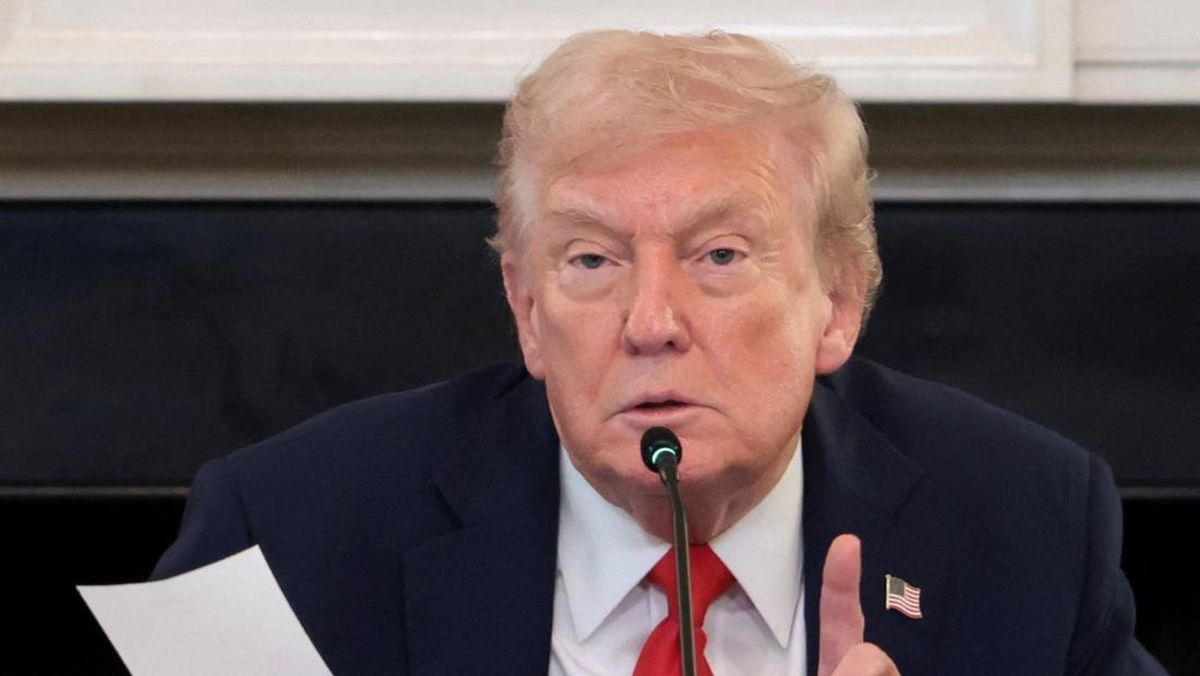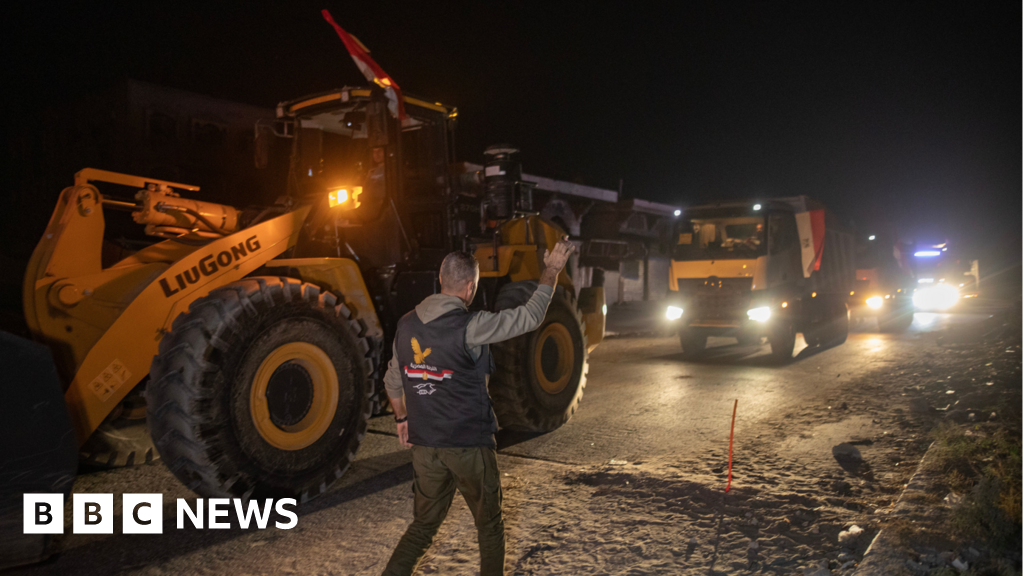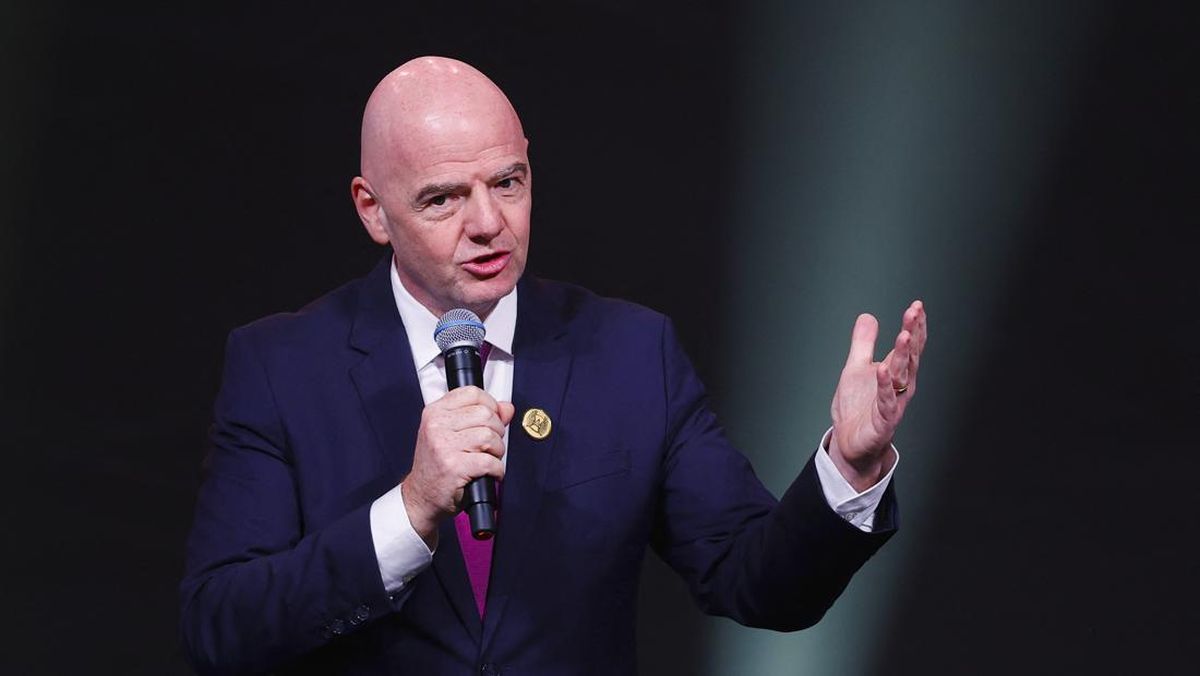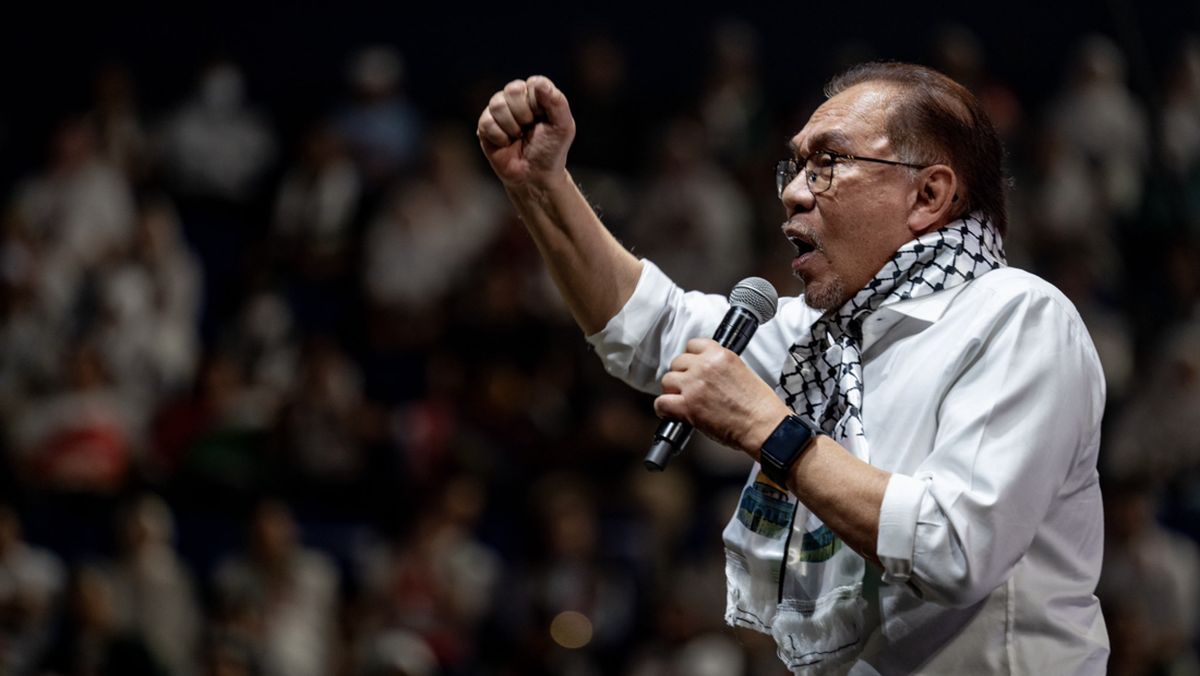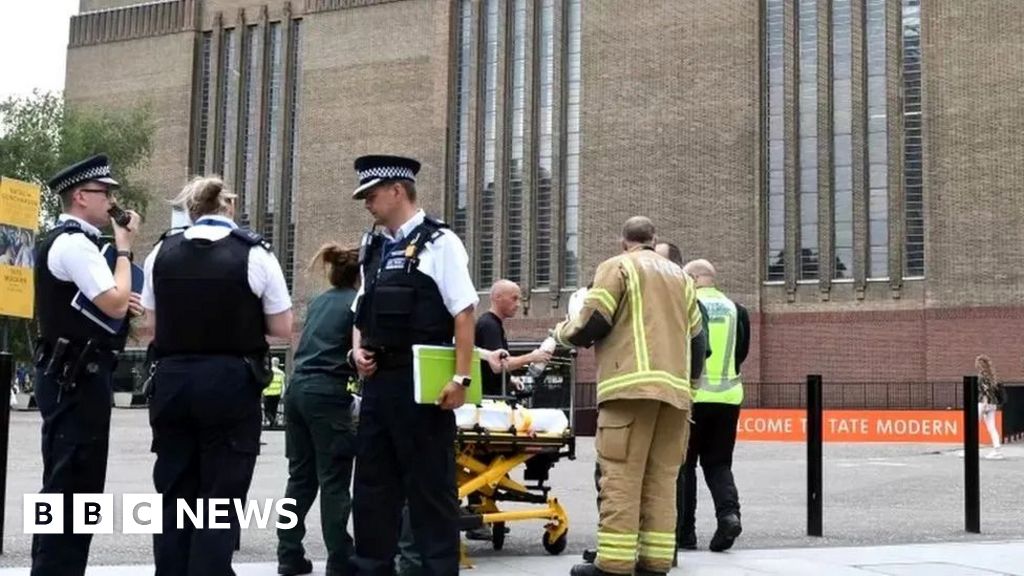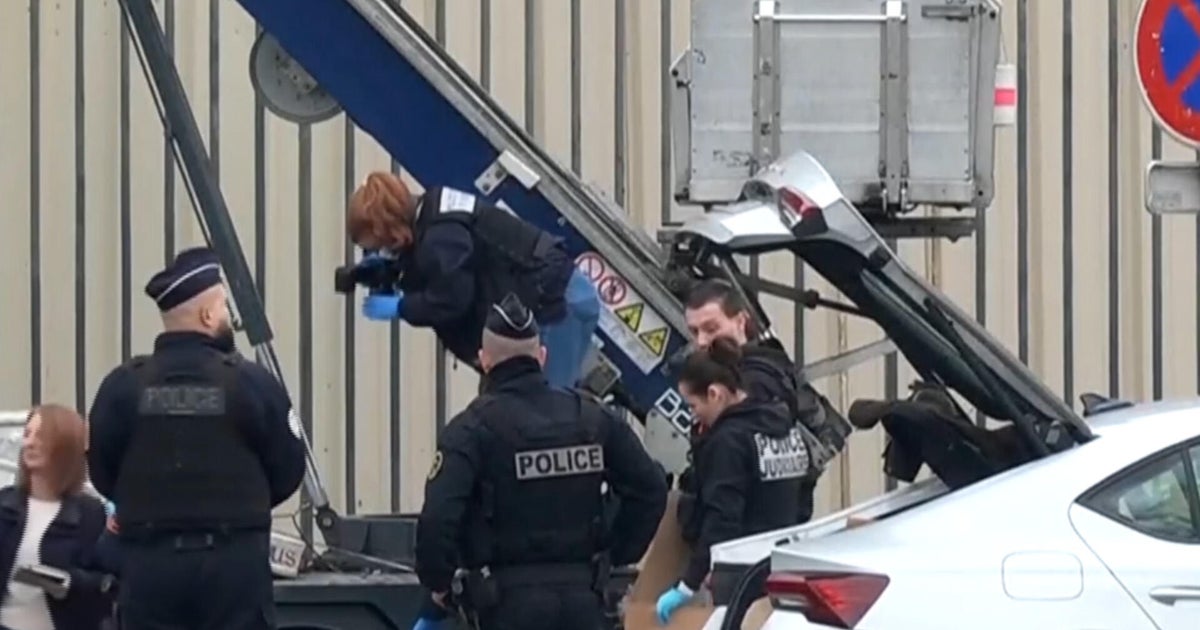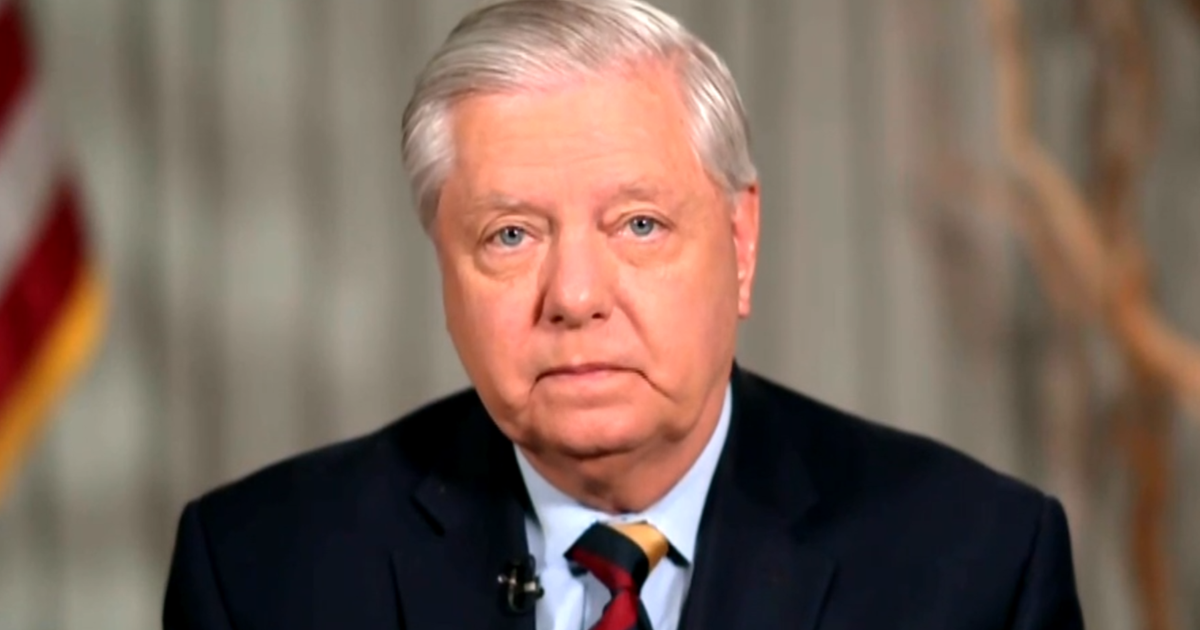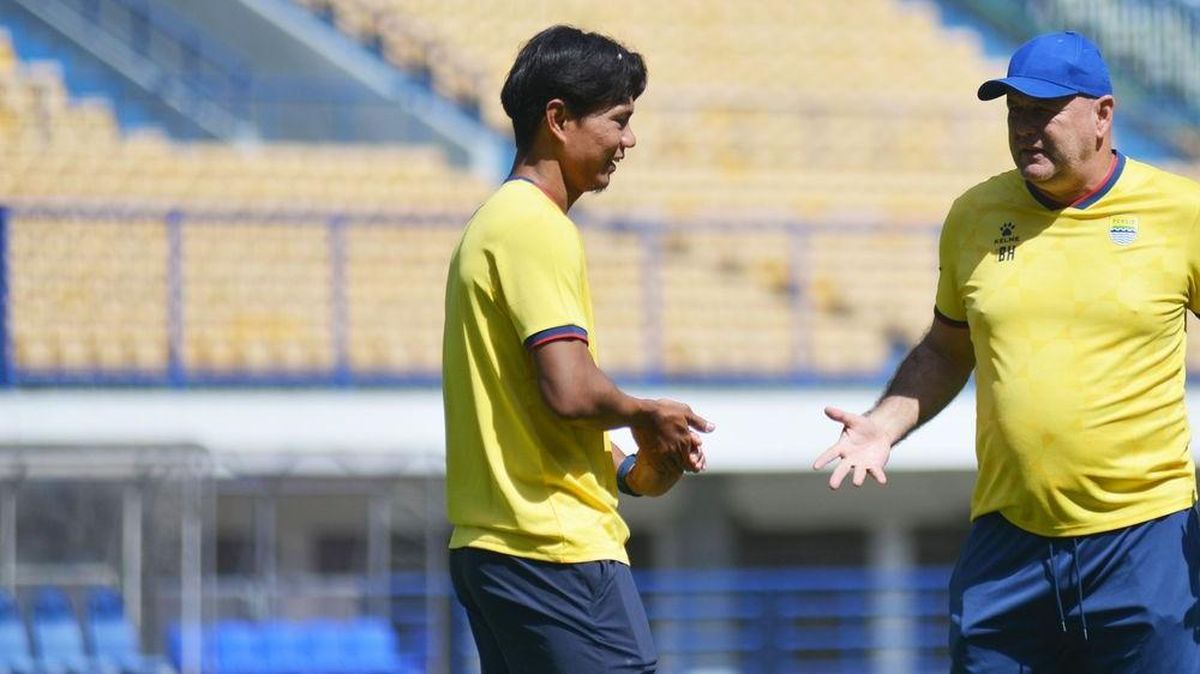It can now be revealed that Perkovic was one of those accused of receiving a Versace gold bracelet from Mick Gatto as the gangland figure sought to win favour from the union. The administration was aware of the gift allegation when Perkovic was promoted.
On Sunday, union leader Leo Skourdoumbis, the national assistant secretary Timber, Furnishing and Textiles Union (which was previously the manufacturing wing of the CFMEU) joined ex-CFMEU national secretary John Sutton to launch a scathing attack on Irving’s failure to reform the CFMEU in Victoria, despite making inroads in NSW and Queensland.

Timber, Furnishing and Textiles Union national assistant secretary Leo Skourdoumbis.Credit: 60 Minutes
Skourdoumbis said Irving’s administration didn’t “have the people, resources or wherewithal to undertake this important task of eradicating corruption”.
“It must find people with the knowledge, experience and political will to do the job, or it will lurch from crisis to crisis. Members view it as a shambles,” he said.
This masthead has confirmed warnings about Perkovic, made to the administration from as early as last year, appear to never have been thoroughly investigated, remaining unchecked when he was elevated in July to the role of CFMEU construction co-ordinator, a key leadership position in the union’s powerful Victorian branch.
Loading
Union sources said the first concerns about Perkovic were raised with Irving’s administration by two complainants last October, and then by a third in November.
None offered hard proof of Perkovic’s corruption, although one of the complainants said they told an administration official they had allegedly paid a kickback to Perkovic.
In his statement, Irving stressed that prior to his sacking on Thursday, Perkovic had been promoted only “on an interim basis”.
“The administration will act decisively when we have credible evidence of wrongdoing,” he said.
Irving also defended his administration’s unique and complex work, which involves not only running a union with tens of thousands of members across the nation but carrying out investigations involving organised crime suspects and reforming a toxic culture that entrenched itself in the CFMEU over two decades and withstood two royal commissions.
“We continue to call on the industry, regulators and governments to assist in the broader challenge of ridding the construction industry of corruption, and for employers to stand up and stop the practice of enabling organised crime,” Irving said.
In August 2024, Perkovic was flagged as potentially corrupt in allegations, albeit unproven, passed confidentially to the union’s Melbourne counter-corruption team that Irving had hired, only to abruptly abandon work weeks later without explanation.
The team was headed by leading anti-corruption and fraud specialist, former policeman turned barrister Andrew Tragardh, and his law firm partner Tam McLaughlin, who was formerly the chief lawyer at Victoria’s corruption watchdog, the Independent Broad-based Anti-corruption Commission.
After the pair’s firm Duxton Hill was hired by Irving, they recruited Hamish Myers, the former acting director of IBAC, to head Irving’s internal corruption unit, and attended meetings between Irving and construction industry leaders to gain support for his role as administrator.

Former police officer turned barrister Andrew Tragardh.
Sources said Duxton Hill also confidentially advised Irving to implement an in-depth whistleblower handling process and call for greater powers from the government to clean up the union.
But Myers quit suddenly in September, privately citing concerns the administration wasn’t serious about resourcing and fully implementing the recommended whistleblower and investigative strategy.
Despite Myers and Duxton Hill contacting informants and setting out an investigative strategy, they commenced no investigations and, after they ceased working for Irving, the informants were told to instead debrief other administrative staff.
Sources have confirmed that whistleblowers, including former union insiders and industry complainants, have, on occasion, disclosed sensitive information to the administration in a highly inconsistent manner.
Some have been debriefed by the man who became chief investigator, barrister Geoffrey Watson SC, or another senior lawyer, Craig Newton.
While both have experience conducting integrity probes, other whistleblowers and insiders have instead been debriefed by other senior administrative staff who, while highly respected as trade union and political advisers, have little or no formal investigative or whistleblowing training.
Skourdoumbis, who has spoken to three industry whistleblowers who had been debriefed by the administration, said the administration had “dismally failed to protect those few individuals who have been prepared to come forward with information”.
Irving also abruptly stopped using the forensic investigative services of an anti-corruption team from consulting firm KordaMentha, which was headed by former federal police and NSW police assistant commissioner Chris Craner.
Loading
The KordaMentha team was cut unexpectedly after only a few weeks of intensive work in NSW and Queensland, where Craner convinced more than a dozen informants to meet his team in secure offsite premises to disclose highly sensitive information about union and industry misbehaviour.
But sources, not able to speak publicly about the confidential matters, said Craner’s plans to launch in-depth anti-corruption investigations dissolved after KordaMentha delivered interim reports, with Watson taking over the consulting firm’s investigations.
A union insider, likewise speaking anonymously about the union’s internal workings, said: “of course a number of firms were looking forward to the billings”.
“The job of returning the union to its members free of corruption and still able to represent the interests of construction workers is a serious job that requires more than just seeking profile in the media. This problem was years in the making and will take years to fix,” they said.
Victorian Premier Jacinta Allan on Sunday defended her government’s record and progress to date on cleaning up the union.

Premier Jacinta Allan defended her government’s actions to clean up the CFMEU.Credit: Chris Hopkins
She said the administrator was working closely with federal and state police, but gave no timeline for when the investigations into the CFMEU would conclude or whether the administrator needed more support.
“A lot of this work involves intensive police investigations… it is important that we let those policing agencies do their work,” she said.
“This is a federally appointed administrator, I have not got advice in terms of any additional cooperation that the federal administrator is seeking from all states, not just Victoria.”
She said the state government had strengthened mechanisms for whistleblowers in the sector by including requirements in contracts that whistleblowers must be provided advice on how they can make complaints, and that “any suspicion of any criminal behaviour” must be reported to the relevant authorities.


